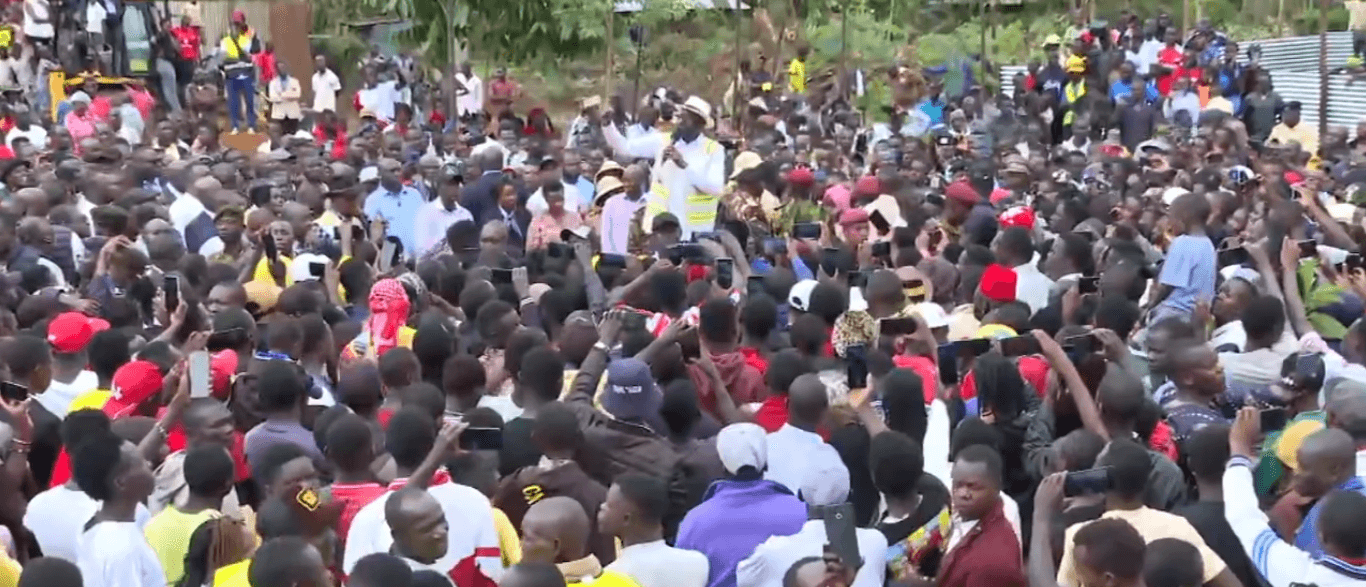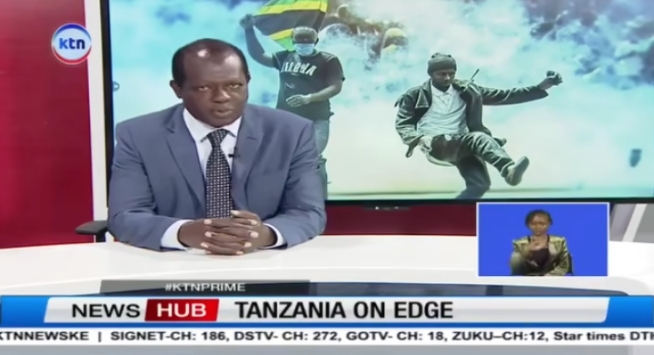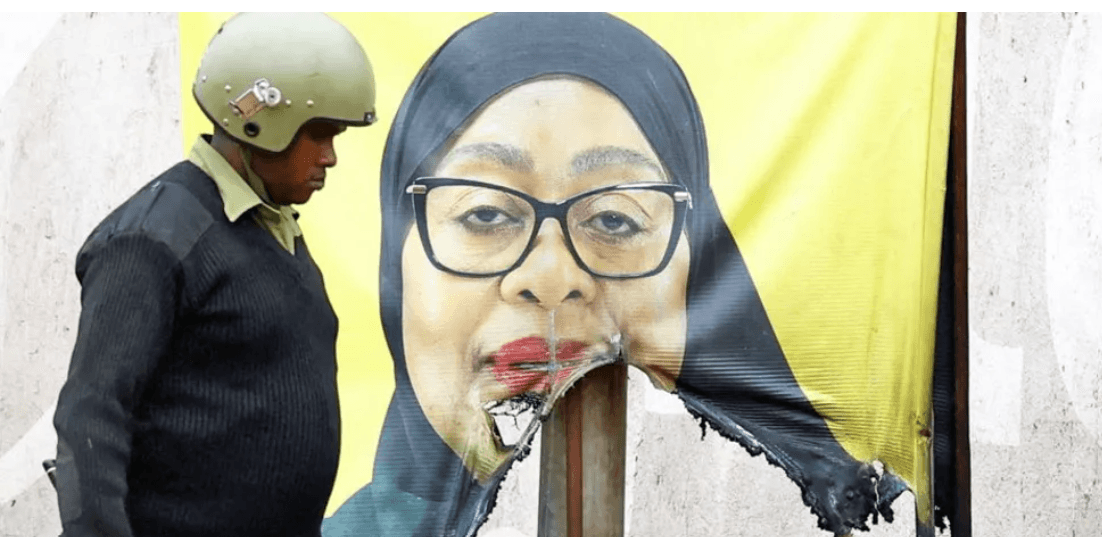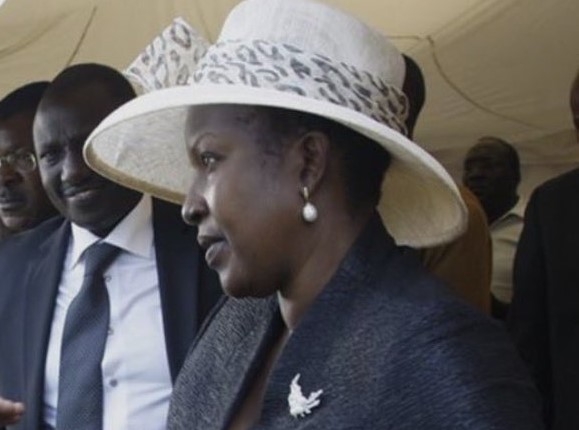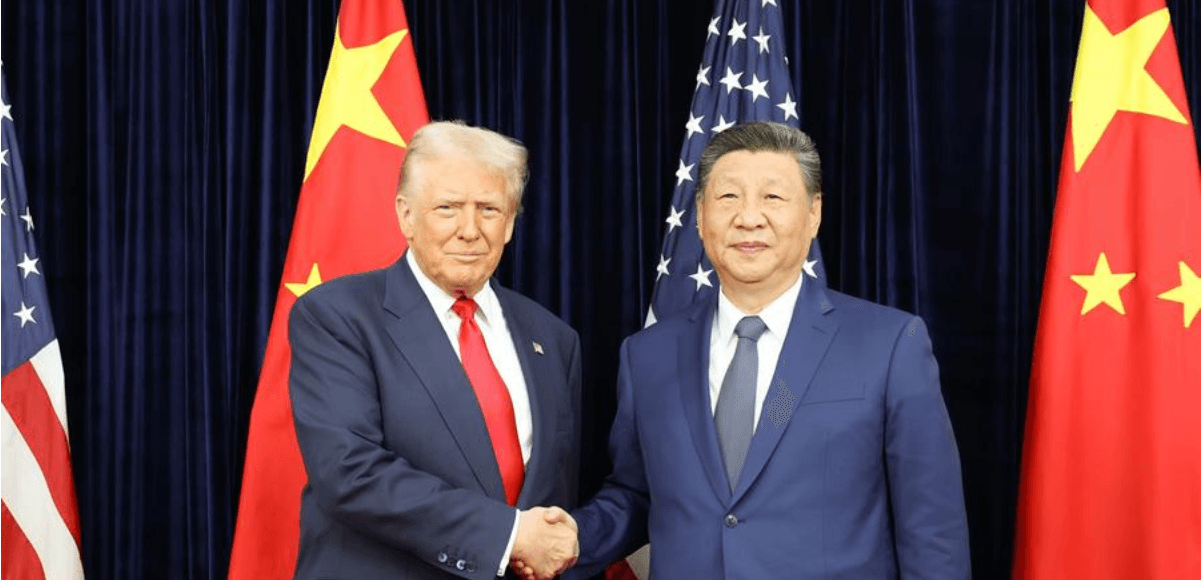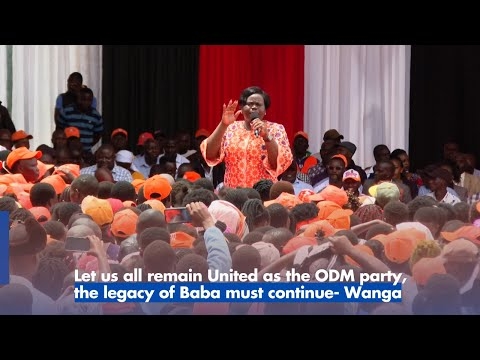Tax incentives extended to Special Economic Zones (SEZs) have raised questions with an MP seeking clarity on their operations.
Mbeere North MP Geoffrey Ruku is seeking a status report from the National Assembly’s Finance and National Planning committee on the economic feasibility of each of the SEZs gazetted since 2015.
This includes the identities of the promoters and beneficial owners.
The MP also wants the committee chairperson to provide a status report on the amount of land leased out or sold in each SEZ, the identities of the purchasers or lessors and whether the said purchasers or lessors have invested in the respective SEZs.
He wants the number and types of jobs created for Kenyans by each of the zones, including the quantum of PAYE taxes paid for each year, explained.
Ruku also seeks to be furnished with the quantum of exemptions and waivers extended to each zone developer, operator, and enterprise in respect of corporation tax, withholding taxes, Value Added Tax (VAT), including VAT on imports and Import Duties for each year, since 2015.
He further seeks to know measures put in place by the National Treasury, Kenya Revenue Authority and the SEZ Authority, to forestall abuse of the SEZ scheme, including the reporting mechanisms.
“Pursuant to the provisions of Standing Order 44(2)(c), I rise to request for a Statement from the Chairperson of the Departmental Committee on Finance and National Planning regarding the tax incentives claimed by Special Economic Zone Developers, operators and enterprises by way of waivers and exemptions,” Ruku said.
The move puts SEZs in the limelight amid concerns that investors are hiding behind the zones to avoid taxes, with some taking up space for speculation purposes.
This, as the government pushes for development at SEZs to drive industrialisation and increase the country’s exports and job creation.
Among incentives enjoyed by investors include a 10-year tax holiday in the SEZs and Export Processing Zones.
Investors then start paying a 15 per cent corporation tax for 10 years before reaching the 30 per cent cap.
Licensed SEZ enterprises, developers and operators also benefit from other tax rebates such as exemption from excise duty, customs duty, value-added tax and stamp duty.
There are also no tax or restrictions on foreign investors for repatriation of profit.
With the raft of tax and non-tax benefits, the government expects that not only will foreign investors be encouraged to invest in Kenya, but that local industry players will also be allowed to competitively access international markets.
As of October 2023, there were 28 gazetted SEZs in Kenya led by Dongo Kundu in Mombasa, Naivasha, Lamu SEZ and Kenani Leather Park in Athi River.



